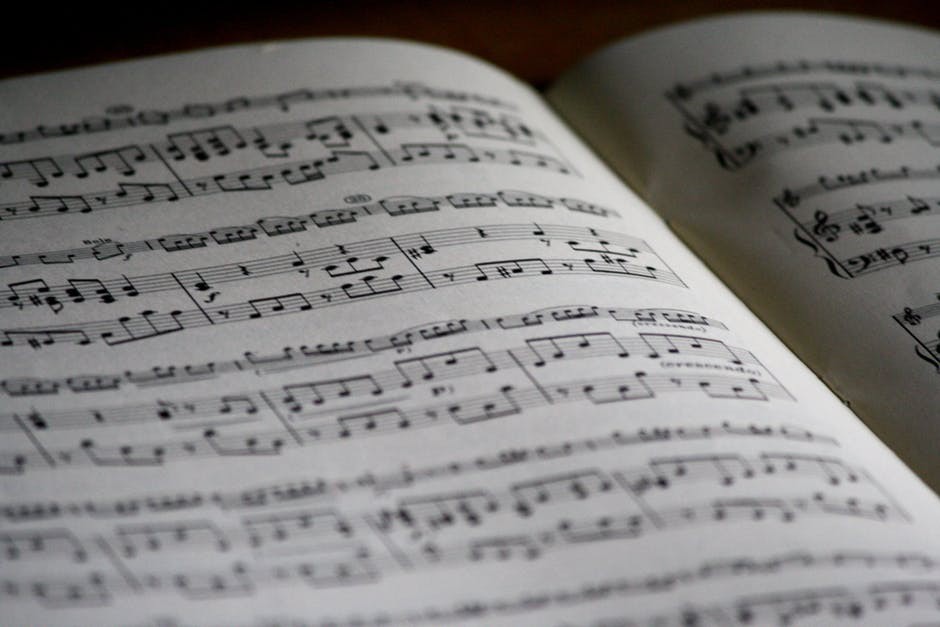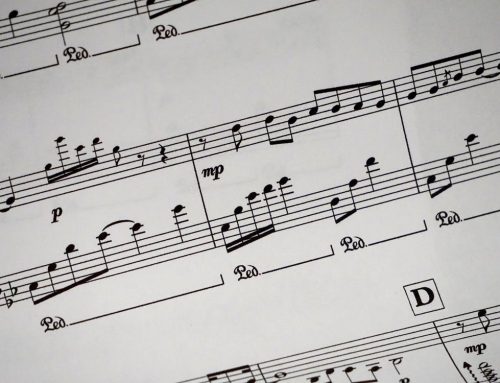What makes Beethoven’s symphonies and Jimmy Page’s guitar solos so captivating? Well for starters, they both feature riffs composed of highly intricate notation. When performed as a whole, the music is truly beautiful to listen to. Creating that kind of magical experience in a performance means getting all the notes right.
If you’re a serious musician, you’ll have to remember your notes; that means memorizing entire music sheets! But don’t let the thought of having to study music closely overwhelm you. We have got some great tips to help you memorize musical passages quickly.
Break it down
Breaking down information into sizeable chunks is a tried and tested method of memorizing things. Divide your musical passage into smaller sections. You may be worried that the breaks between the sections you created will hurt the flow of your performance, but that can be circumvented. You can always practice the full passage later on, but only after you’ve learned the composition completely.
Keep track of time
Every musician has to learn how to internalize tempo and rhythm at some point. When you’re reading your musical passage, you might find notes that fall above or below the lines or come up too abruptly. If you’re having trouble synchronizing your play, then the easiest way to go about it is by counting the chords. Sing them out loud to help you memorize what part comes in what sequence. Try snapping your fingers if the hand-eye coordination technique works for you.
Slow and steady wins the race
Don’t try to rush through your musical passage, especially when you have several sheets to go through. Appreciating the pitch and frequency of each note will allow you to gain a better understanding of how the composition is really meant to sound. Plus, memorization takes time and patience. Blazing through music sheets will leave you at risk of muddling up your notes and botching your performance. If the sight of paper is adding to your stress, try working with musical notation software.
Practice
Work with a combination of our three methods and then repeat your performance. Take one section of a passage at a time and highlight the troubling parts. Then slow down the tempo and play them until you feel comfortable. Think you’ve memorized the section fully? Move on to the next part. Try this with all sections of your musical passage and then go onto playing the composition as a whole. You’re likely to make fewer errors this way and will retain the information for a longer time period.
Pro Tip: Find yourself a partner that makes the learning process simple and easy. Check out music notation software like Music Jotter. It’ll help you create music sheets, make changes to individual sections of a passage and playback the entire piece too! Get your free trial here.






